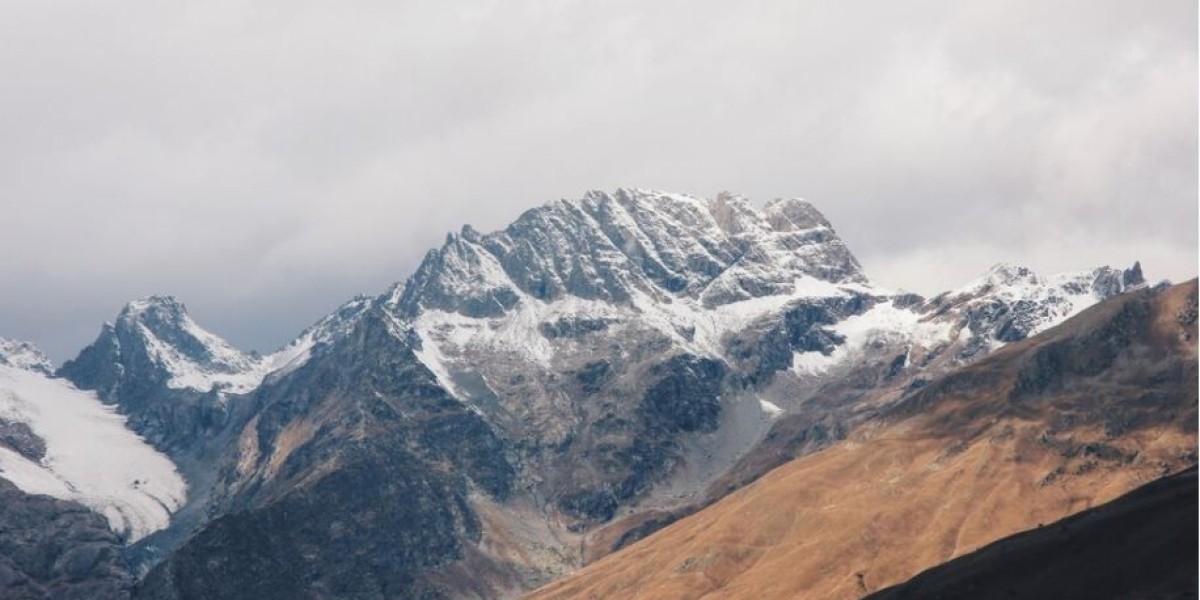Embarking on a trek is more than just a physical challenge; it's a journey that demands mental and nutritional preparation. The right food can make the difference between a successful trek and a tiring ordeal specialy when you go for trekking in the atlas mountains. This article delves into the crucial aspects of food and nutrition for trekkers, ensuring you are well-equipped to tackle any trail.
Understanding Trekking Nutrition
Why Proper Nutrition is Vital
When trekking, your body is your most important tool. Proper nutrition fuels your muscles, aids in recovery, and keeps your energy levels steady. Without the right nutrients, fatigue sets in faster, and the risk of injury increases.
Nutritional Needs During Trekking
Trekking requires a mix of carbohydrates for energy, proteins for muscle repair, and fats for long-lasting fuel. Vitamins and minerals are also essential to keep your body functioning optimally. Hydration is another critical component, as even mild dehydration can impair performance and decision-making.
Pre-Trek Nutrition
Importance of Carbohydrate Loading
Carbohydrates are your body's primary energy source. Loading up on carbs before a trek ensures your glycogen stores are full, giving you a steady supply of energy. Think pasta, rice, bread, and fruits.
Hydration Strategies
Start hydrating well before your trek begins. Aim to drink at least 2-3 liters of water the day before and include electrolyte-rich drinks to balance your salts.
Breakfast Before the Trek
Ideal Breakfast Foods
A hearty breakfast sets the tone for the day. Opt for oatmeal with fruits, whole-grain toast with peanut butter, or eggs with vegetables. These provide a good mix of carbs, proteins, and fats.
Importance of a Balanced Meal
A balanced breakfast ensures you start with a steady stream of energy and avoids spikes and crashes in your blood sugar levels. Include fiber for sustained energy release.
Snacks on the Trail
Quick and Nutritious Snack Ideas
Trail mix, energy bars, nuts, dried fruits, and jerky are excellent on-the-go snacks. They are easy to carry, non-perishable, and provide a quick energy boost.
Importance of Regular Snacking
Snacking every 1-2 hours helps maintain energy levels and prevents fatigue. It also keeps your metabolism active and your muscles fueled.
Lunch During Trekking
Best Lunch Options for Trekkers
A light yet nourishing lunch is ideal. Whole grain sandwiches, wraps with lean meat or tofu, and quinoa salads are great choices. They are easy to pack and eat on the trail.
Balancing Macronutrients
Ensure your lunch includes a mix of carbs, proteins, and fats. This combination provides immediate energy and sustains you through the afternoon.
Hydration Tips
Importance of Staying Hydrated
Dehydration can sneak up on you, especially in cooler climates where you might not feel thirsty. Regularly sipping water is key to maintaining hydration.
Best Hydration Practices
Carry a water bottle or hydration pack and sip frequently. Include electrolyte tablets or drinks to replenish salts lost through sweat.
Dinner After the Trek
Ideal Dinner Choices
Dinner is your recovery meal. Include lean proteins like chicken or beans, complex carbs like sweet potatoes or brown rice, and plenty of vegetables.
Importance of Protein and Carbs
Protein helps repair muscles, while carbs replenish glycogen stores. A balanced dinner aids recovery and prepares you for the next day.
Foods to Avoid
Common Food Pitfalls
Avoid high-sugar snacks and drinks that can cause energy spikes and crashes. Greasy and heavy foods can lead to sluggishness and stomach issues.
Effects of Poor Food Choices
Poor nutrition can lead to fatigue, decreased performance, and increased risk of injury. It's important to choose your food wisely to support your trek.
Supplements for Trekkers
When and What to Supplement
Supplements can fill nutritional gaps. Consider multivitamins, protein powders, and electrolyte supplements if your diet lacks these nutrients.
Benefits of Key Supplements
Multivitamins ensure you get essential vitamins and minerals, protein powders aid muscle recovery, and electrolyte supplements maintain hydration levels.
Vegan and Vegetarian Options
Plant-Based Nutrition Tips
For vegan and vegetarian trekkers, focus on high-protein plant foods like lentils, chickpeas, quinoa, and nuts. These provide essential amino acids and energy.
High-Energy Plant Foods
Include seeds, nut butters, and dried fruits for calorie-dense options. These are easy to carry and provide sustained energy.
Emergency Food Supplies
Essential Emergency Rations
Always carry extra food in case of emergencies. Energy bars, nuts, and dried fruits are compact and have a long shelf life.
Best Practices for Emergency Nutrition
Keep emergency rations in a separate, easily accessible bag. Ensure they are high in calories and nutrients to sustain you in case of unexpected delays.
Cooking on the Trail
Easy and Nutritious Trail Recipes
Simple recipes like instant oatmeal, pasta with dehydrated vegetables, and rice with canned beans are easy to cook with minimal equipment.
Tips for Cooking in the Wilderness
Use lightweight, compact cooking gear. Plan meals that require minimal prep and cooking time to conserve fuel and energy.
Packing and Storing Food
Best Practices for Food Storage
Use resealable bags and containers to keep food fresh and organized. Store food in a bear-proof container if trekking in bear country.
Tips for Minimizing Weight
Opt for dehydrated or freeze-dried foods to reduce weight. Pack high-calorie, nutrient-dense foods to maximize energy per gram.
Conclusion
Proper nutrition is a cornerstone of a successful trek. From pre-trek preparations to post-trek recovery, every meal and snack plays a vital role in maintaining your energy and health. Plan your meals carefully, stay hydrated, and enjoy the journey with confidence.
FAQs
What are the best high-energy snacks for trekkers?
Energy bars, trail mix, nuts, and dried fruits are excellent choices for high-energy snacks that are easy to carry and consume on the go.
How much water should I drink while trekking?
Aim to drink at least 3-4 liters of water per day while trekking, adjusting for climate and exertion levels. Sip regularly rather than waiting until you're thirsty.



